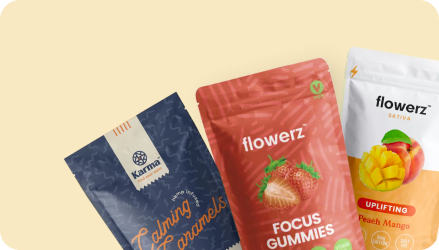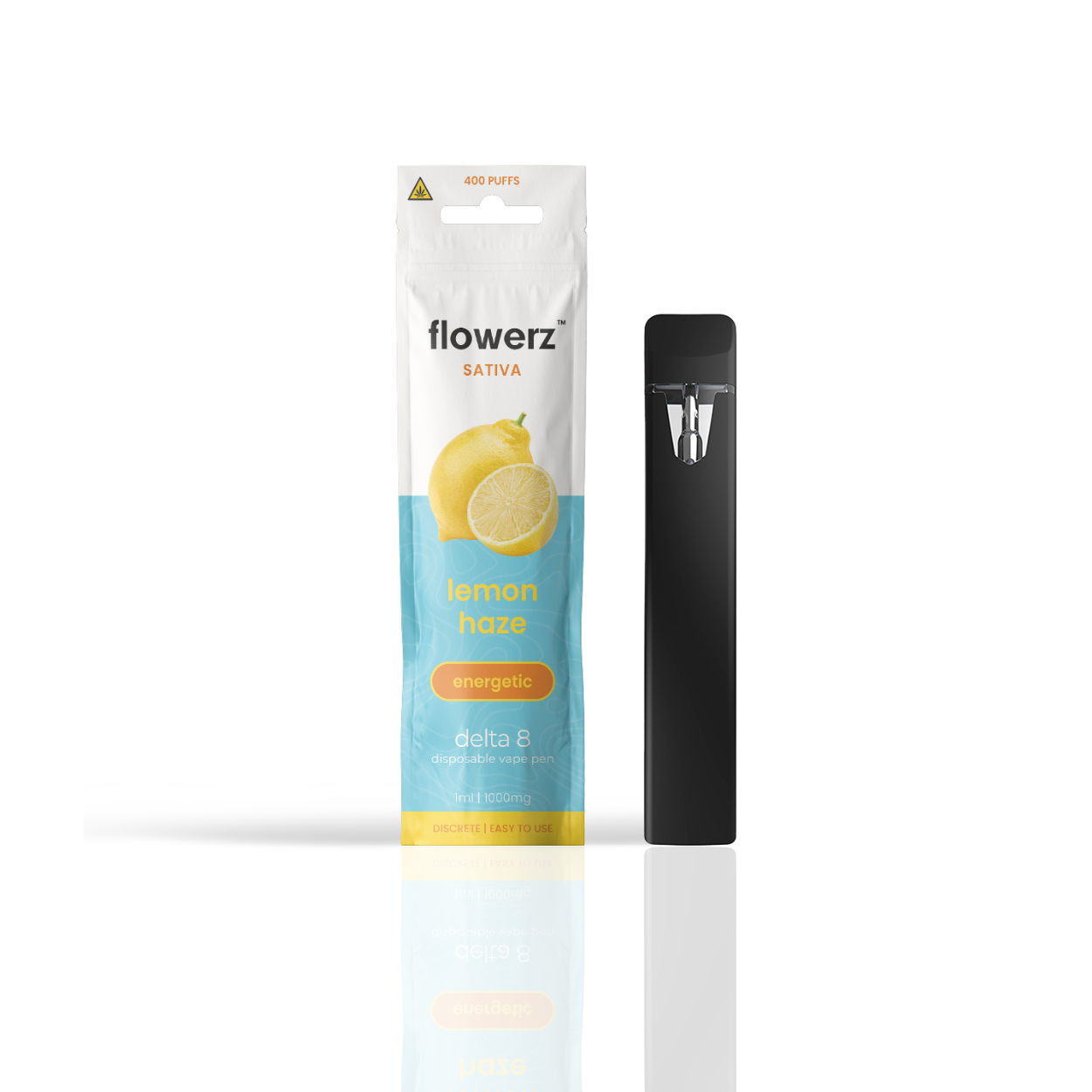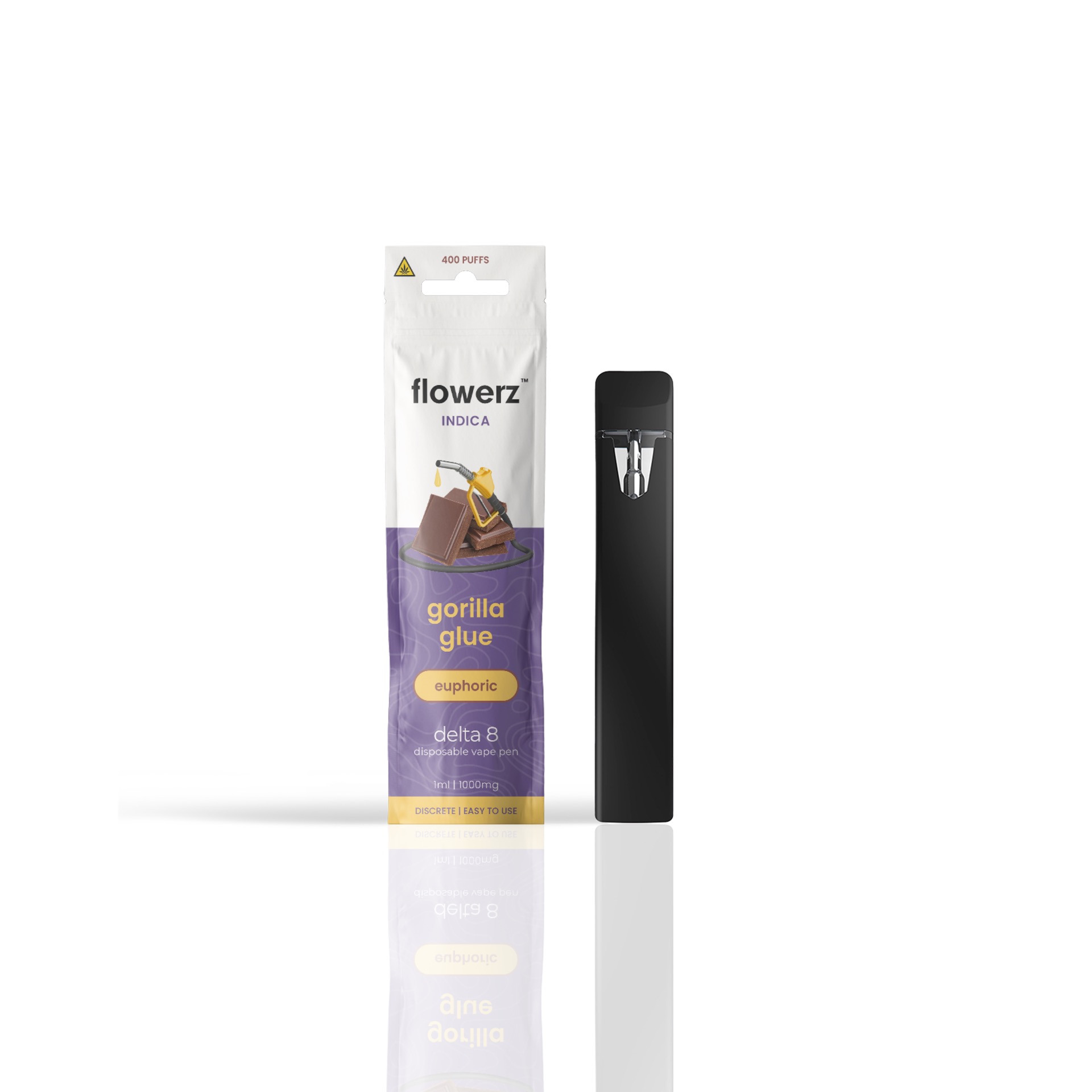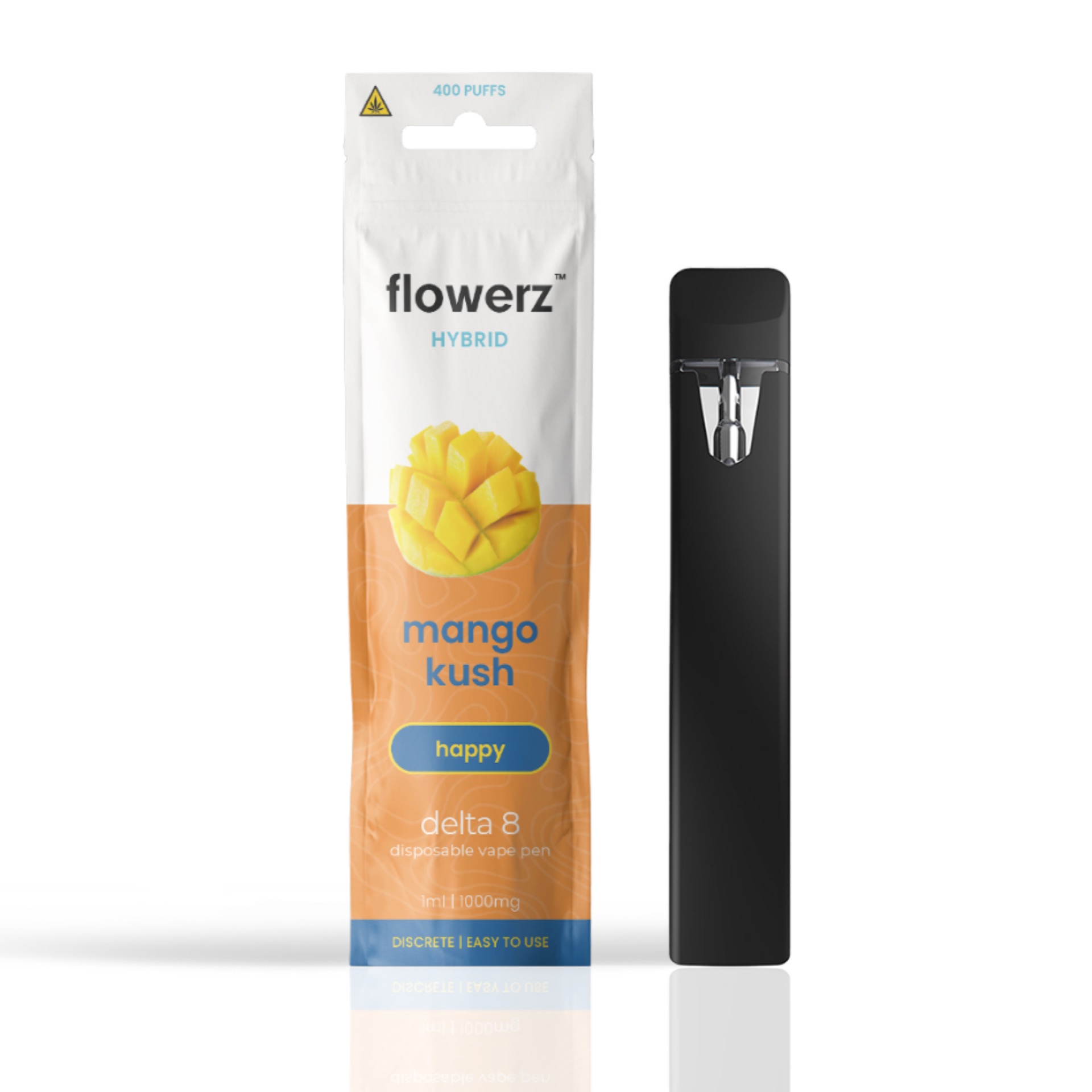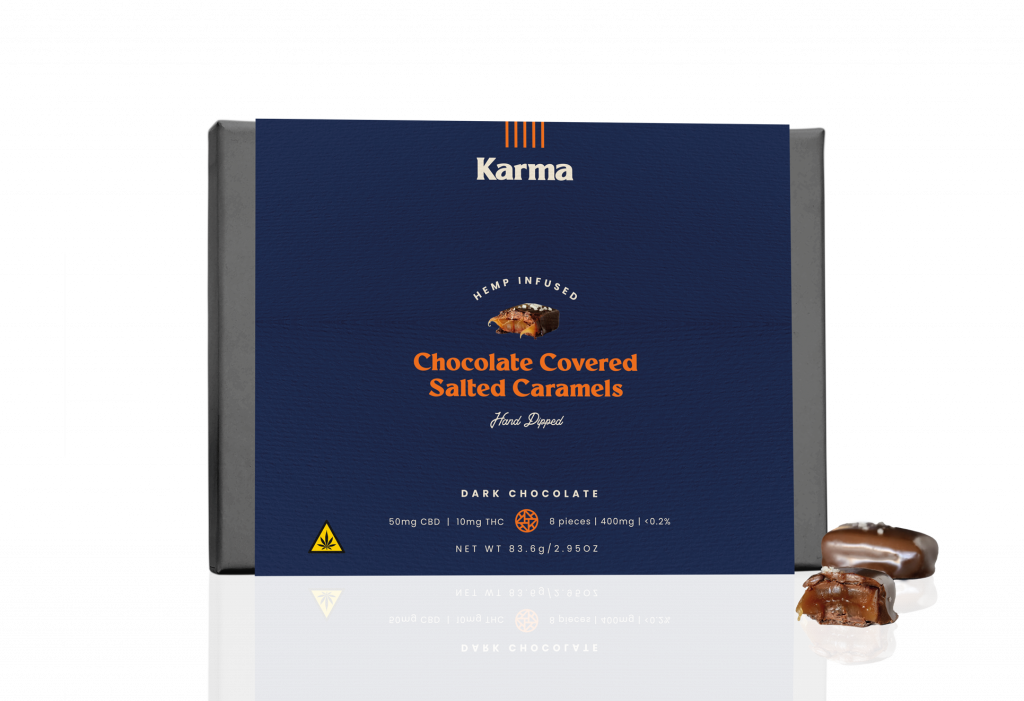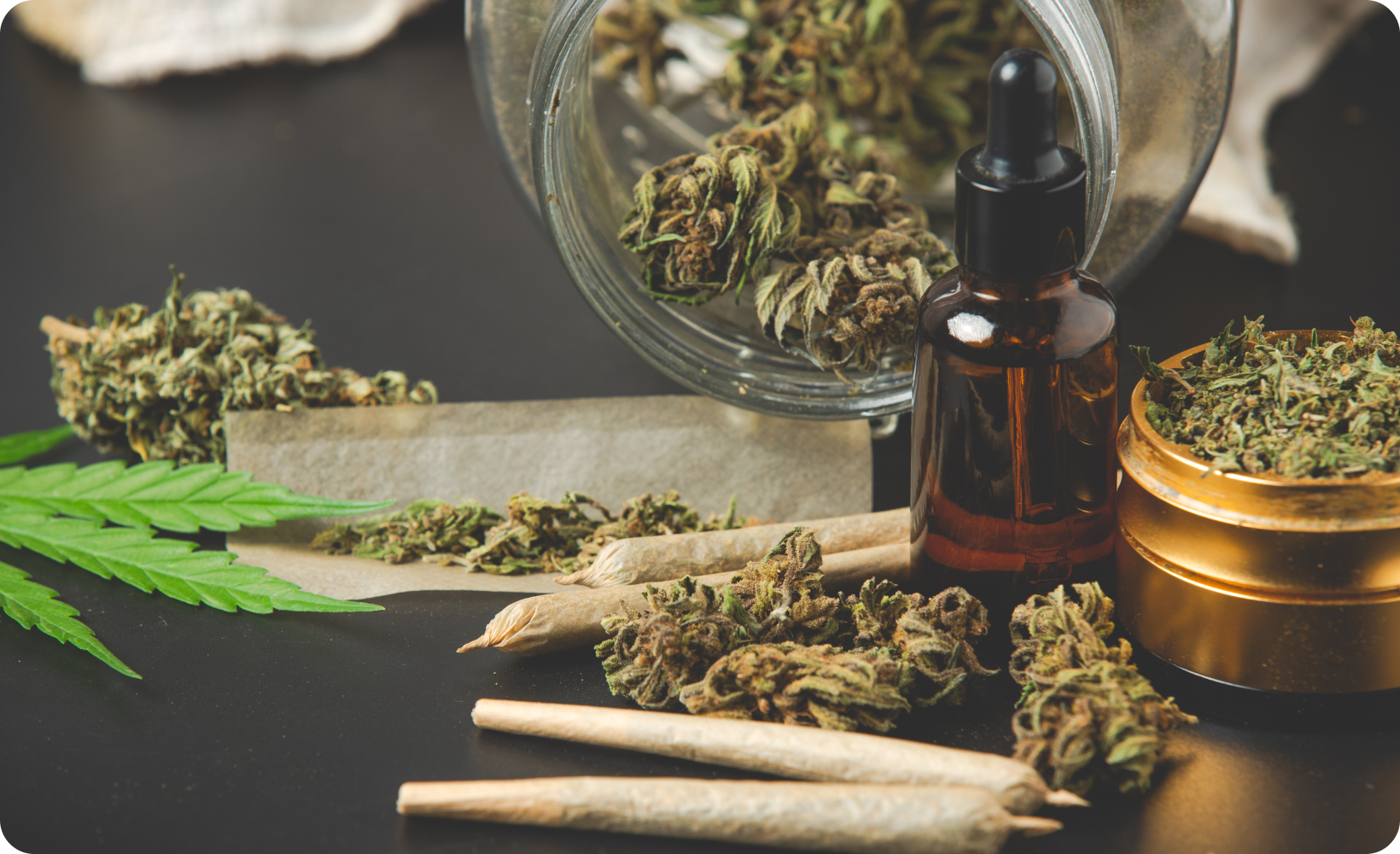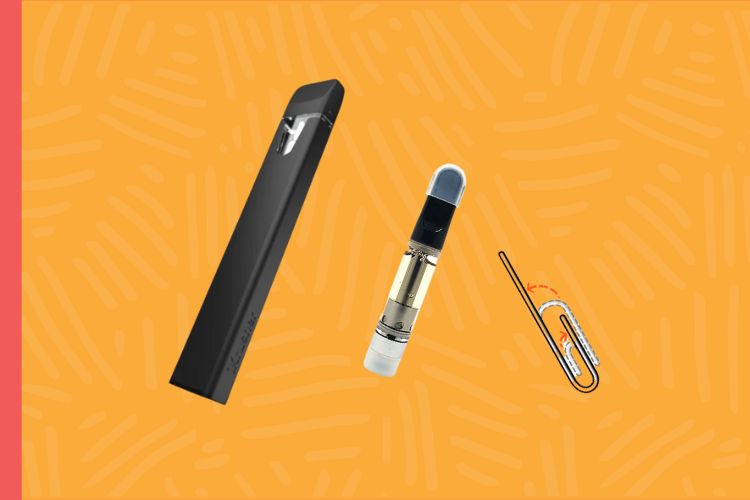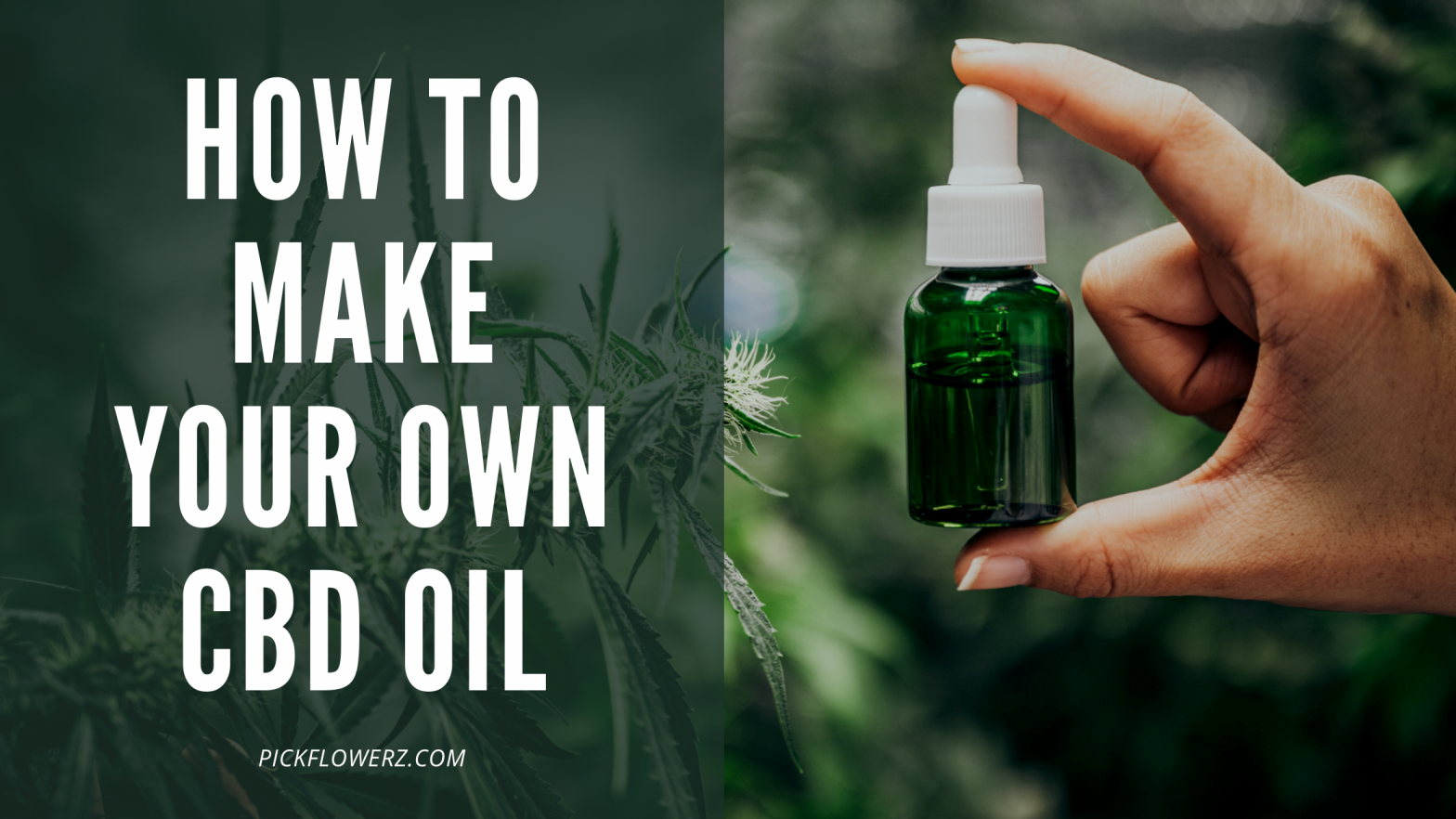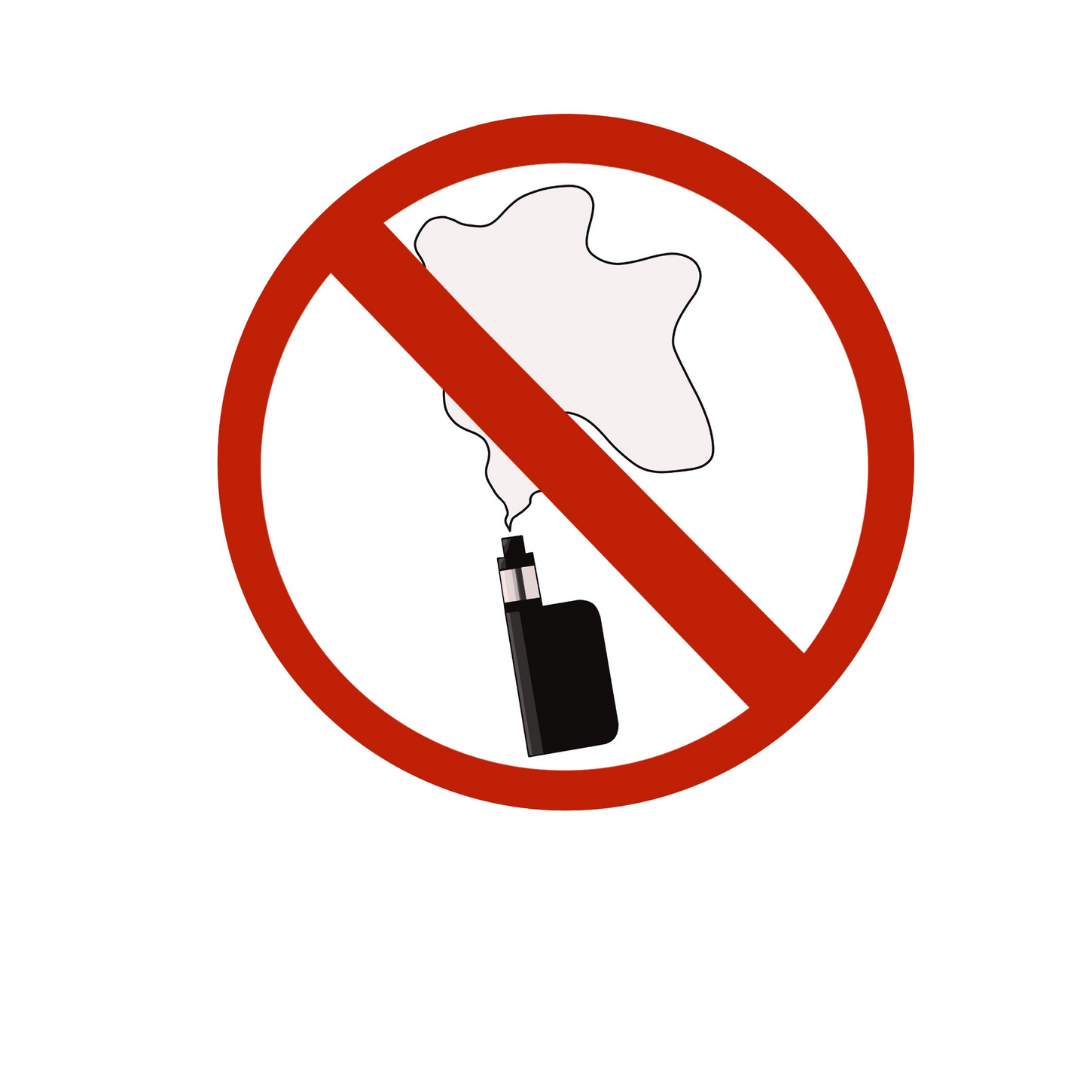Yet another cannabinoid to learn about? You betcha!
Hexahydrocannabinol, aka HHC, is the result of hydrogenating Delta-9 THC. By adding hydrogen molecules to the THC, it can convert into an entirely new molecule.
Like delta-8 THC, delta-9 THC, and other related cannabinoids, many questions revolve around what HHC is, its legal status, where it comes from, and more.
Hydrogenation isn’t new to the world. We see the process when converting vegetable oil into margarine. By doing it for cannabis, we get something new and exciting. Nowadays, we can derive HHC from compounds in hemp other than Delta-9 THC. The end product is still the same: a delightful cannabinoid rising in popularity!
DOES HHC GET YOU HIGH?
The short answer is yes – but not in the way Delta-9 THC in cannabis would. A high similar to THC is produced but it’s not as intense. It appears to be somewhere between 70% and 80% less potent than traditional Delta-9. Some consider it to be a bit stronger than Delta-8.
Although HHC isn’t technically THC, the effects of HHC are similar to those of THC. For example, users may experience:
- feelings of euphoria
- happiness
- increased energy
- an elevated body temperature
- elevated heart rate
- altered visual and auditory perceptions
Some HHC users describe its effects as more relaxing than stimulating. Others say it is similar to delta 8.
Most things known about the effects of HHC are anecdotal. Since HHC and THC are very similar, HHC may offer many THC therapeutic benefits, but few studies have investigated this. One survey on beta-HHC in rats indicated it possesses some notable advantages, but more research is required to assess HHC’s full potential.
In summary, yes, HHC does get you high. And just like THC, the euphoric effect will affect everyone differently. The high lasts about two to three hours, depending on some factors. These factors include how much is taken, how the body processes HHC, and how often HHC is used along with other products.
IS HHC LEGAL?
The legal status of HHC is currently up in the air. Some say it’s legal if manufactured from a hemp-derived compound like delta-8, while others disagree.
Congress made the hemp plant and all its derivatives federally legal in the 2018 Farm Bill—as long as the plant or anything made from it contains less than 0.3 percent delta 9 THC.
Even though HHC is found naturally in the cannabis plant, commercial HHC is made by hydrogenating hemp-derived cannabinoids under pressure with a catalyst like palladium. Scientists at the National Cannabis Industry Association call the result a “semi-synthetic” cannabis compound.
In May 2022, the 9th U.S. Circuit Court of Appeals confirmed that delta 8 THC was legal under the Farm Bill hemp definition and that all other compounds and derivatives of hemp are also legal, as long as they don’t contain more than the legal maximum 0.3 percent delta 9 THC. That apparently makes HHC a legal hemp product, and offers protection for manufacturers and sellers of HHC (and delta-8 and delta-10 THC, THC-O, and THC-P), although some attorneys note that other federal courts could reach different conclusions.
However, HHC could still be banned by individual states. This is likely if HHC becomes popular enough that it threatens sales in the legal cannabis market, as we’ve seen happen with delta 8 THC.
WILL HHC SHOW UP IN A DRUG TEST?
Another key selling point HHC users makes is that a standard 12-panel drug test won’t detect it. HHC may not break down in the body as THC does. Unlike the delta-8, delta-9, and delta-10 forms of THC, there is some proof that HHC doesn’t metabolize into 11-hydroxy-THC, which is the metabolite that triggers a positive result on many drug panel tests.
Today, no one knows if HHC won’t leave evidence of use in your blood, urine, or hair. If you are to take a drug test soon, we suggest not taking the risk by avoiding HHC.
WHAT’S THE PROPER DOSE FOR HHC?
The suitable dose of any psychoactive substance depends on factors such as weight, age, and tolerance levels.
An individual using HHC for the first time will not know their tolerance level, but as a general guide, its potency lies somewhere between the mellower high of delta 8 (D8) and the more intense delta 9 THC (D9). All users should always start on the low end. Usually, the delta 8 dosing follows:
- Low dose: 10 – 20 mg per serving
- Moderate dose: 20 – 50 mg per serving
- Heavy dose: 50 – 100 mg per serving.
Experienced users of delta 8 can take an HHC dose equal to the delta 8 doses usually taken. However, it is recommended to start using a slightly lower dose. If you are entirely new to THC and its cannabinoids, it’s best to take a small amount, or perhaps even a microdose (1–2 mg), before gradually increasing the dose.
One train of thought believes that HHC is 80% as potent as delta-9-THC. Individuals with a low THC tolerance should use HHC with caution. They should take no more than 3-5mg at first to gauge its effects on the body and mind.
WHAT IS THE DIFFERENCE BETWEEN DELTA 9 THC AND HHC?
There are some major differences when it comes to Delta 9 and HHC. The first goes right down to their chemical structure. D9 has a double bond along the carbon chain of the cannabinoid. To separate it from the rest, Delta 9 has its double bond on the 9th carbon chain. Others, like Delta 8, have their double bond on different carbon chains. HHC is different because it doesn’t have any double bonds. Instead, it has two extra hydrogen atoms to create different effects. This difference in structure may lead to HHC having a longer shelf life when compared to other cannabinoids.
Regarding side effects, D9 is known for creating a tired or sluggish feeling, along with memory impairment, dry mouth, and red itchy eyes. HHC can lead consumers to sleeping issues.
Finally, states with similar laws as the Farm Bill can legally sell THC products that meet the limitations. HHC isn’t as lucky. While no specific law has banned HHC, many states that have prohibited and restricted Delta 8 THC are also considered HHC illegal states. It’s important to know which states offer legal HHC and which ones don’t.
IN SUMMARY
When it comes to deciding on which cannabinoid is right for you, consider how each cannabinoid makes you feel as well as what products they come in. It’s important to try other cannabinoids, your experience will be the most powerful anecdotal evidence. If you’re looking for a calming full-body euphoria, then Delta 9 products are going to be the preferred option. For something not as potent that offers a little stimulation and energy, HHC will create that experience for you. Delta 8 is another great choice though less potent than HHC or D9, it can still be enjoyed at higher doses without being entirely overwhelming.
It always comes down to each person’s individual preferences when deciding which product and experience you want.
Post Views: 251
Fast, free shipping on orders over $100+
